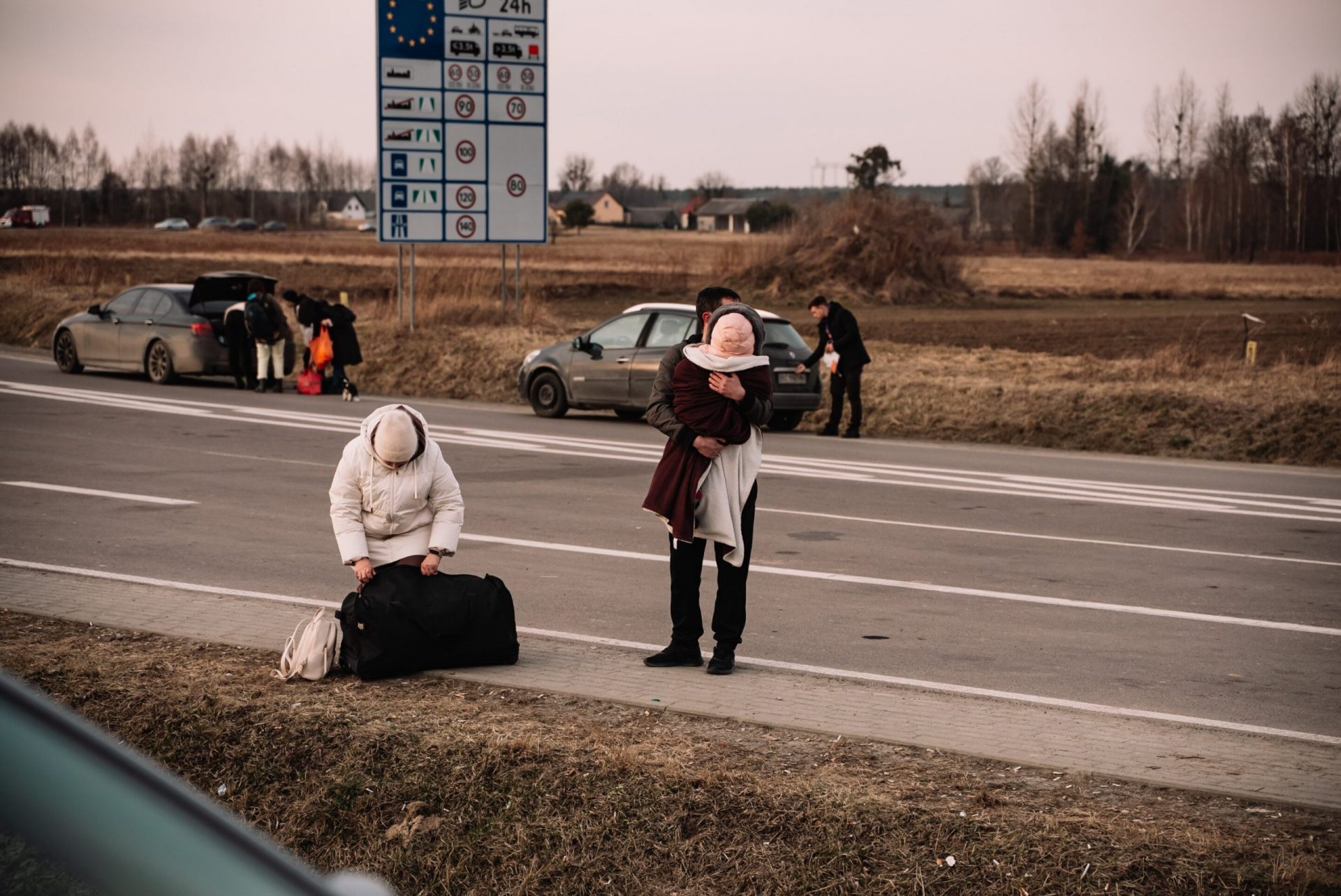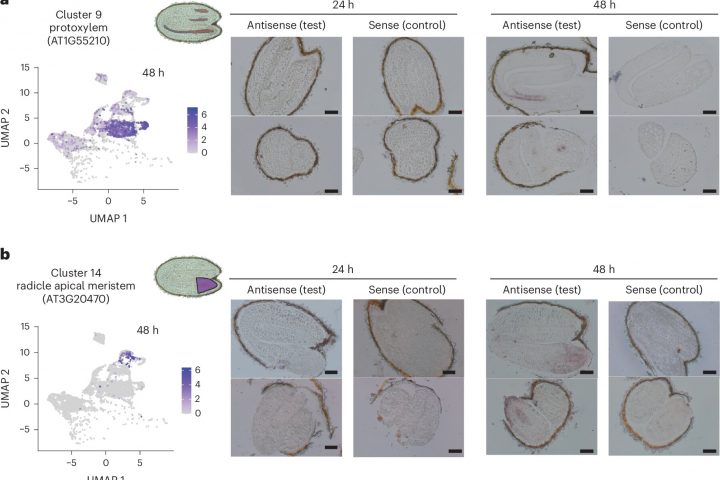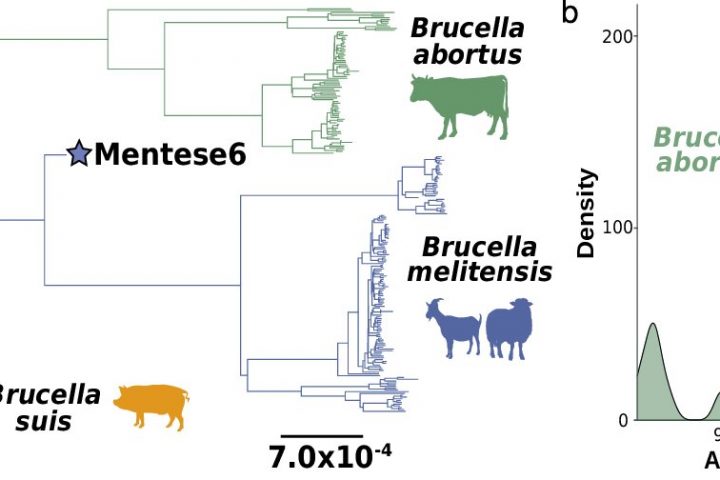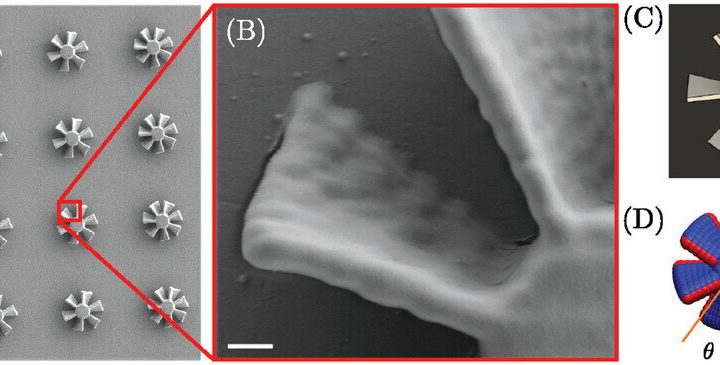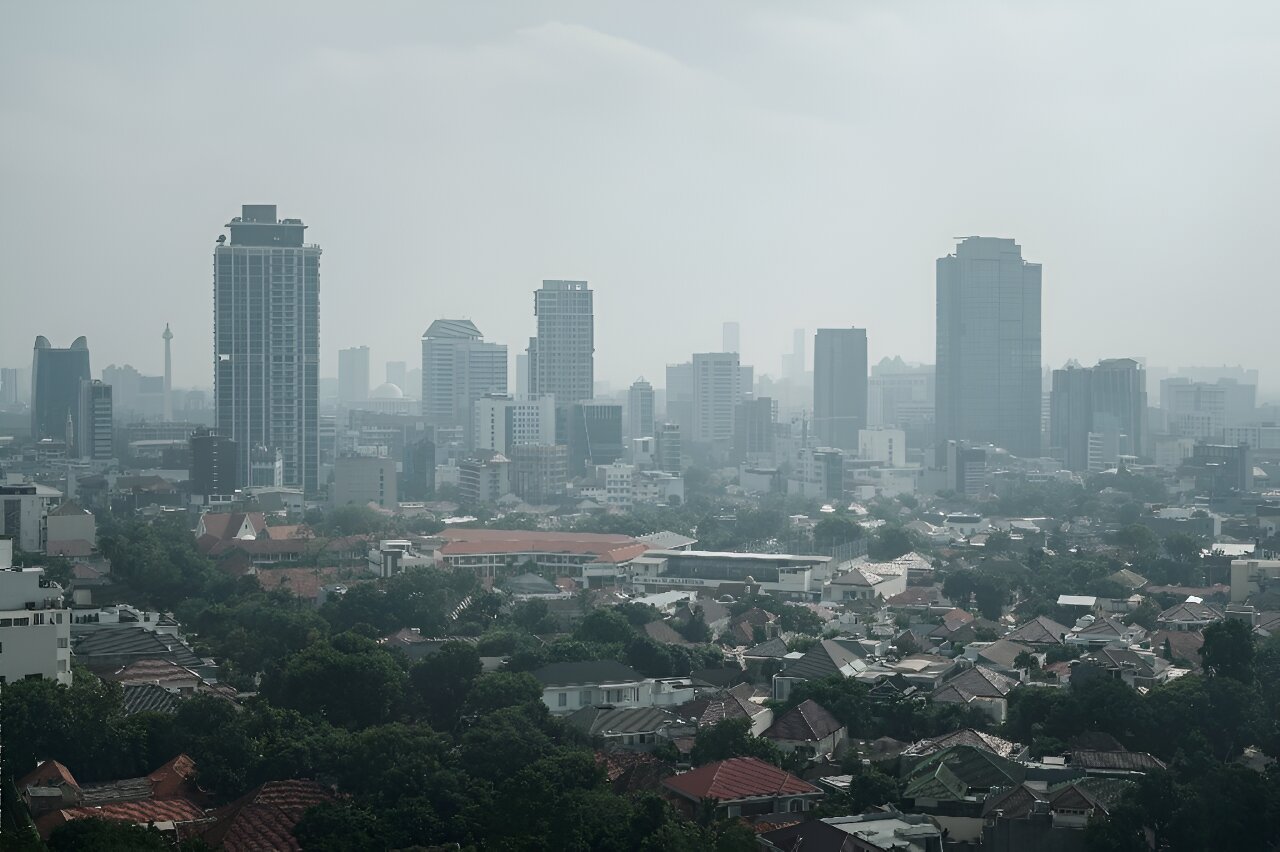Did you know that the attitudes of European people towards specific types of asylum seekers have remained stable over time? Fascinating research published in Nature suggests just that. The study identifies certain attributes of refugees that people are more likely to view favorably, shedding light on why Ukrainians displaced by the Russian invasion in 2022 were welcomed with open arms. These findings could be invaluable for policymakers looking to respond to pressures on the asylum system.
In the past decade, we’ve witnessed the Syrian refugee crisis in 2015-2016 and the Russian invasion of Ukraine in 2022, both of which led to the arrival of millions of asylum seekers in European countries. However, it’s unclear how these repeated humanitarian crises have affected people’s perception of refugees. Some argue that the increasing numbers of refugees may reduce public support, but the warm reception towards Ukrainian refugees challenges this view.
To gain a better understanding of public attitudes towards refugees, Kirk Bansak, Jens Hainmueller, and Dominik Hangartner conducted repeated experiments during the 2015-2016 and 2022 refugee crises. They surveyed approximately 33,000 citizens across 15 European countries, asking them to evaluate randomly varied profiles of asylum seekers. In 2016, around 18,000 people were surveyed, while in 2022, the number was around 15,000.
The surveys revealed certain characteristics of refugees that Europeans prefer, such as being female, Christian, and young (around 21 years old). Additionally, the circumstances of displacement played a role, with refugees fleeing war being viewed more favorably than those moving for economic reasons.
The authors of the study found that these public preferences have remained stable over time, and if anything, general support for refugees has increased. They also discovered that Ukrainians were welcomed in 2022 due to their demographic and displacement profile. Importantly, this support for Ukrainians did not come at the expense of other marginalized refugee groups, indicating that generosity towards all refugees remains strong, especially during times of crisis.
One limitation of the study is that the data was only collected at two points in the past decade, potentially missing fluctuations in public views between these points. However, the consistency observed in both study periods suggests that preferences have indeed remained stable, the authors conclude.
